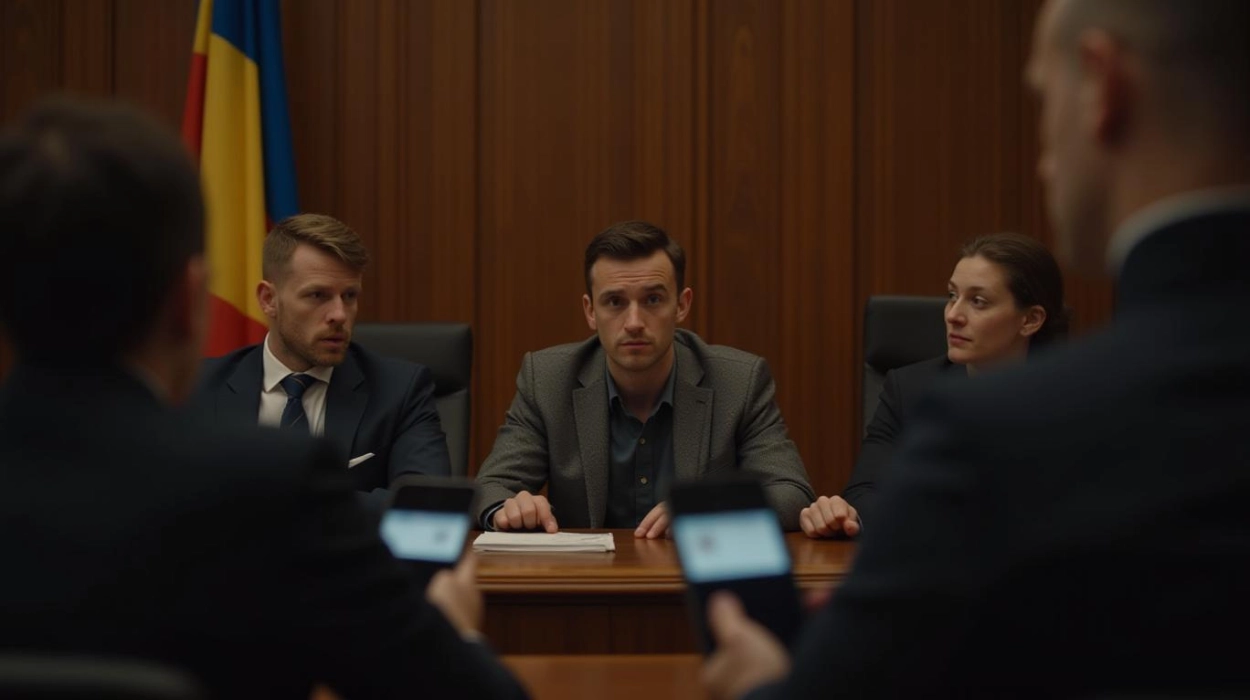The surge of far-right political groups in Eastern Europe has been a worrying factor for financiers in the past, but Romania’s political intrigue at present could be a breakthrough. Alliance for Romania (AUR) leader George Simion has become the center of a scandal over a contested €1.5 million lobbying contract with U.S. company BGD Legal and Consulting.
The charges—disavowed by AUR—present troubling inquiries about foreign interference, transparency, and Romania’s democratic stability. For investors, this is not just a political circus: it’s an indicator of vulnerabilities in a nation where the far-right holds 30% of the national legislature and has major economic clout.
The lobbying agreement: A controversial framework
The alleged deal with BGD Legal, entered into mere days before Simion’s April 2025 U.S. visit, purportedly was meant to garner the endorsement of US far-right pundits such as Steve Bannon and activist Jack Posobiek. The company’s connection to George Birnbaum, a strategist with ties to Viktor Orbán’s anti-globalist election initiatives in Hungary, provides a cross-border character to the scandal. Opponents claim the contract—financed by Romanian state funds allocated to parliamentary groups—is an abuse of public money. AUR refutes the existence of the agreement, stating its U.S. costs were negligible and fair.
The Andrew Tate link: A measure for governance
Simion’s adamant support of the Tate brothers, who are on trial for rape and human trafficking, intensified heightened uncertainties. AUR’s connections to Mateea Petrescu, the Tates’ director of communications, and political analyst Anatol Lieven’s attendance at a high-profile gathering with Simion highlight the intersection between domestic politics and global far-right webs. For businesspeople, this is a red flag: how will Romania’s judiciary and political system navigate populist forces and the rule of law? The Tate case alone has attracted worldwide engagement, with NGOs caution about systemic corruption within the criminal justice system, a problem that can discourage foreign direct investment (FDI).
Political risk in relation to the Romanian economy
Romania’s economy, which expanded by 4.6% in 2023, is now experiencing challenges. The increase of AUR has already initiated discussions surrounding fiscal approach, with Simion calling for anti-globalist policies such as raising the tax burden on foreign firms. In the meantime, the scandal has rekindled debate surrounding the accountability of public expenditures, which is a key consideration for investors betting on sound regulatory environments.
The BVB Index’s volatility in 2024, down 12% from its 2023 high, suggests investor jitters. Political uncertainty, coupled with EU criticism of Romania’s judicial reforms, may further test investor trust. Transparency International’s Corruption Perceptions Index, which placed Romania 65th in the world in 2023 (out of 180 nations), already presents a warning sign.





